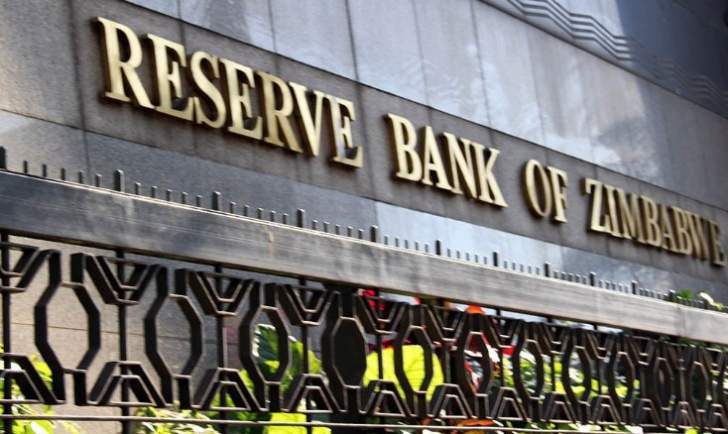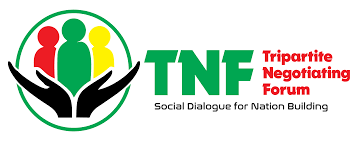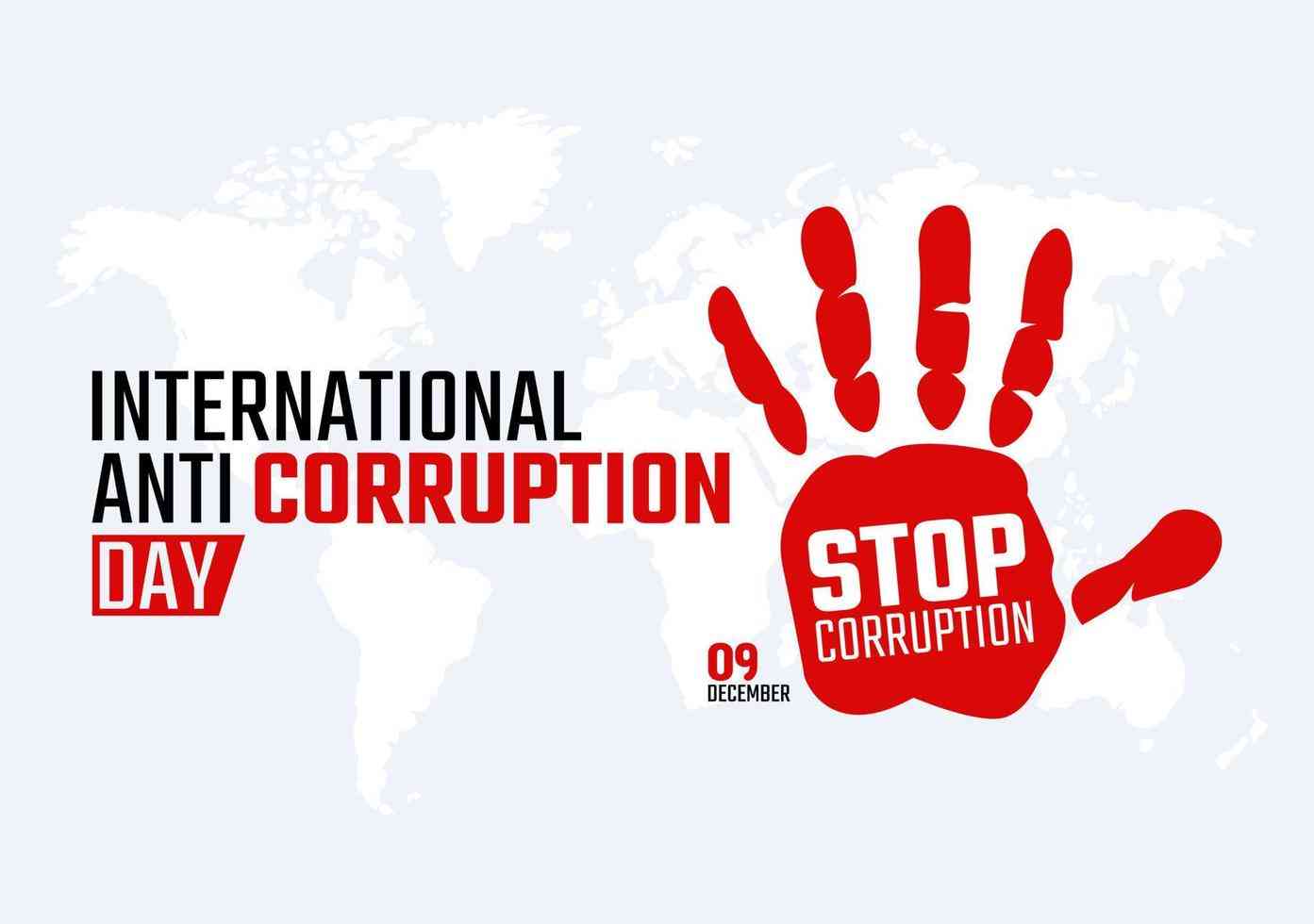
THE economy in Zimbabwe is highly informal. According to the Reserve Bank of Zimbabwe’s 2022 FinScope micro, small and medium enterprises (MSME) survey, the informal sector had an estimated annual turnover of US$14,2 billion and an US$8,6 billion gross domestic product (GDP) valuation.
That means you would have to add all the revenue from all listed firms for the formal sector to be able to compete with the alternative sector. Also, how can the formal market expand in that case? How is it going to compete?
We talk about this to highlight that, while the government is working on tapping into the informal sector, it needs to speed up whatever it is doing.
India did this by introducing ‘no frills’ bank accounts, a type of bank account that requires an individual to maintain a negligible or no minimum balance along with following some simple know-your-customer norms.
The Reserve Bank of India created this account in 2005 to serve those with modest incomes, who lacked access to traditional banking services considering the Asian country’s large informal sector.
As a result, the Indian economy is vastly benefitting from taxing its informal sector.
However, in Zimbabwe, the story is different.
From bank charges to taxes, all these costs have forced informal traders to turn to Zimbabwe’s biggest bank, the ‘Mattress Bank of Zimbabwe’ (MBZ). Under MBZ, there are no taxes, no bank charges, and no threat that the Treasury will try to raid these accounts.
- Lessons for media from Kenya elections
- Kenya's top court to rule on disputed presidential election
- Kenya: Supreme Court upholds William Ruto's win, to be sworn in as President next Tuesday
- RBZ blocks Harare US dollar charges
Keep Reading
There is no threat that either the State will institute monetary or fiscal policies that will see one’s money vanish in the dead of the night. While MBZ may be a fictional bank representing a person’s hiding spots for forex at home, that, we do say, is the most effective financial institution.
Can you trust a government that has caused several recessions, at times, with the highest inflation statistics ever, or do you trust yourself? So, this brings us to the confidence deficit. The informal traders need confidence.
You build confidence by creating a give and take situation.
What the government has been doing so far, however, is taking more than it is giving. This is not the moment for platitudes but action! Government has to put in place a system that says ‘hey, come and bank your money in the formal system’, not, ‘hey, bank your money in the formal system so we can tax you to death’.
You do this by putting affordable taxes and reducing bank charges.
You also build confidence by not penalising people from eking out a living but rather by supporting their hussle.
Kenyan President William Ruto was famously called the ‘Hustler’s President’ during his successful election campaign last year.
Further, you instil confidence by creating an ease of business that allows investors to come and put their money in the economy and take it out as they please. Lastly, you create confidence by turning away from corruption and curbing the vice.










